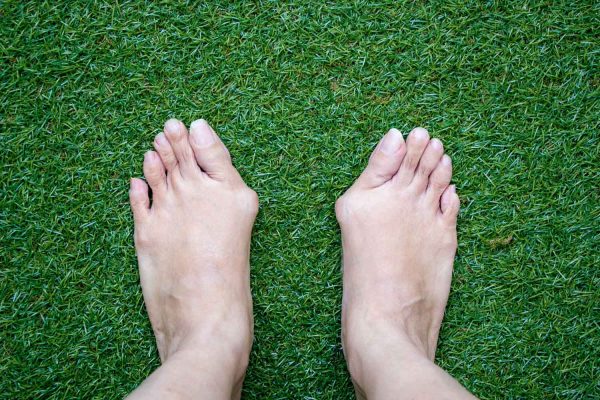The Alcohol Deprivation Effect (ADE) is a condition wherein a person who has been abstinent from alcohol for a certain amount of time will drink more alcohol than normal when given the opportunity to drink alcohol again. This effect has been seen in animals and humans, and has implications for understanding alcohol addiction and alcohol relapse.
The ADE was first identified in animal experiments in the 1960’s. When rats were exposed to alcohol after being deprived for a certain period of time, they drank more alcohol than those who were exposed to alcohol continuously. This effect was seen even when the deprivation period was relatively short. Since then, the ADE has been extensively studied in animals and humans.
What does the research say?
In human research, alcohol deprivation is usually induced by asking participants to abstain from drinking alcohol for a specific period of time (e.g., one week or one month). Participants are then given a controlled laboratory environment in which they are allowed to consume alcohol and their drinking behavior is monitored. The alcohol deprivation effect isn’t limited to people with a pre-existing alcohol problem. Even people who don’t have a pre-existing alcoholism problem will drink more alcohol after an alcohol deprivation period.
This implies that the effect of alcohol deprivation is a universal phenomenon that happens in response to an individual’s lack of alcohol intake, regardless of their level of alcohol consumption. The mechanism of alcohol deprivation is not completely understood, but there are a few theories that have been put forward. For example, one theory states that alcohol deprivation results in an increase in alcohol reinforcing properties. In other words, the more alcohol a person is deprived of, the more their desire for alcohol increases. This is because the positive effects (e.g. relaxation, euphoria) of alcohol become more prominent in the mind. When the person is re-introduced to alcohol, the reinforcing effects of alcohol increase, resulting in increased consumption.
Dopamine, a neurotransmitter, plays a role in the brain’s reward system. When dopamine receptors become less sensitive to alcohol, the effects of alcohol become less pleasurable. When an individual stops drinking alcohol, their reward system returns to its normal state, and dopamine receptors become more sensitive. Increased sensitivity to alcohol may result in increased alcohol consumption.
Can a relapse occur after alcohol deprivation?
The substance use disorder (SUD) is characterized by the compulsion to seek and use drugs, even when the consequences are adverse. Even after abstaining from alcohol for an extended period of time, those with a prior history of alcoholism are more likely to relapse due to increased cravings for alcohol and its reinforcing effects.
To sum up, the Alcohol Deprivation Effect is a well-known phenomenon that happens when people are deprived of alcohol. Since the alcohol deprivation effect makes people crave more alcohol, it often causes them to relapse – even when they genuinely want to quit or reduce their drinking.





